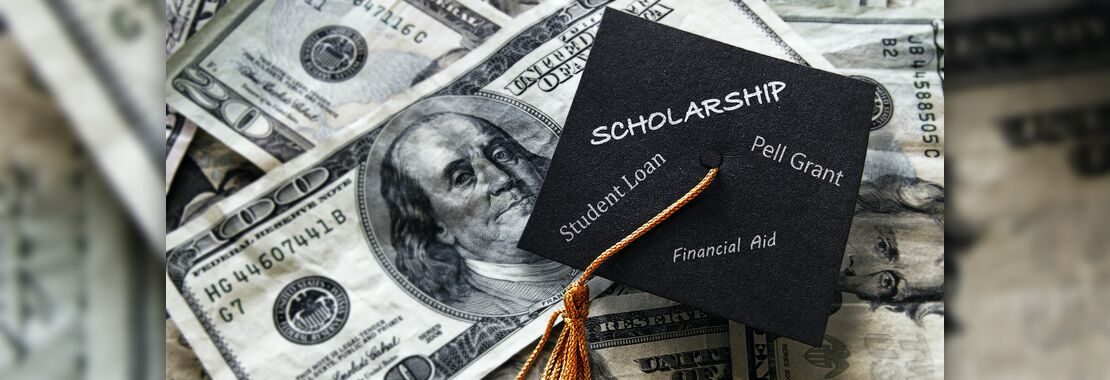The taxation of higher education related savings, costs and interest expense is a fairly complex area of the law due to the numerous rules. Some of the rules don’t work in conjunction with one another. Studies from the GAO and others have sometimes found that some taxpayers do not claim tax breaks they are eligible for due to the complexity. IRS Publication 970, Tax Benefits for Education, is 86 pages long.
Occasionally there are proposals to broaden these benefits. Some of these changes likely lead students and their parents to find more logic in these tax rules. A recent bi-partisan proposal along these lines is H.R. 3803, Pell Grant Flexibility Act of 2019. This bill amends §117 to provide that gross income does not include any amount received as a Pell Grant, effective starting in 2019. The goal is to ensure that the grant is not taxable even if spent on non-tuition goods and services related to attending college. See Congressman De Saulnier’s press release of 7/18/19. This proposal has also been made in past sessions of Congress.
CLASS ASSIGNMENTS
- Have students read IRC Section 117 and explain what a student must do to ensure that a scholarship is excluded from income.
- Have students find an example of a scholarship offered by their university or other entity and see what it covers to determine how it is taxed to the recipient. Many universities offer student-athletes a scholarship to cover all costs of attendance. Several elements of these scholarships are taxable.
- Ask students to find out what a Pell Grant can be used for. Also have them read H.R. 3803 and explain how it changes the tax treatment of a Pell Grant. You may also want to provide various scenarios of students receiving more than one scholarship and ask students to determine what planning would reduce taxes if H.R. 3803 were enacted.
- Have students evaluate Section 117 and/or H.R. 3803 using the AICPA Principles of Good Tax Policy (also noted in the textbook Chapter 1).

